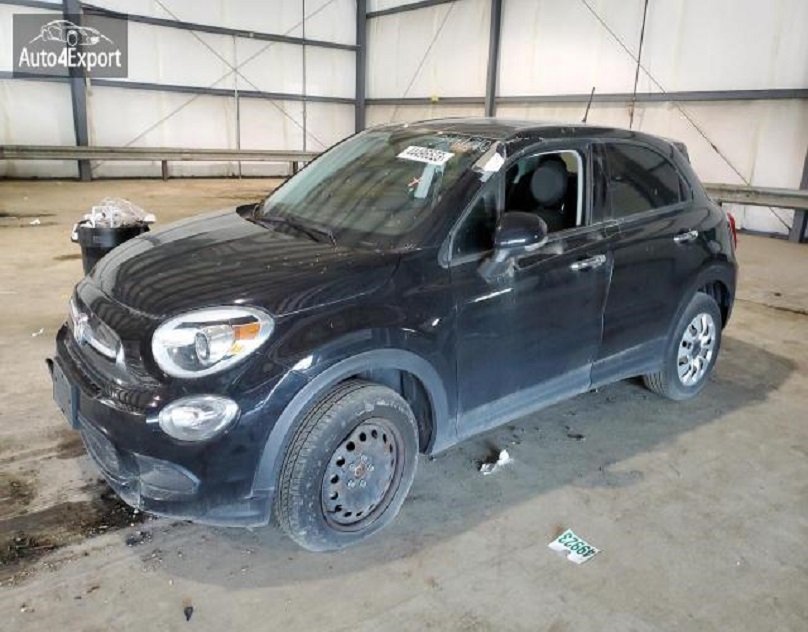Salvage cars, also known as salvage title vehicles, can be an intriguing option for car buyers seeking affordable alternatives. These vehicles have typically been declared a total loss by an insurance company due to damage caused by accidents, natural disasters, or other incidents. While salvage cars come with their own set of advantages and disadvantages, understanding the intricacies of purchasing such vehicles is crucial. In this article, we will explore the pros and cons of buying salvage cars for sale.
Pros of Buying Salvage Cars:
Cost Savings:
One of the most enticing factors when considering a salvage car is the potential for significant cost savings. Salvage cars are often sold at a fraction of the price of their non-salvage counterparts, making them an attractive option for budget-conscious buyers. With proper research and due diligence, it is possible to find salvage cars that are in decent condition and can be repaired at a reasonable cost.
Access to Higher-End Models:
For car enthusiasts dreaming of owning high-end or luxury vehicles, salvage cars can provide an opportunity to fulfill that desire at a more affordable price. These vehicles are often available in salvage auctions, where you can find a wide range of models and make that may not be easily accessible in the traditional market due to their higher price tags.
Potential for Customization or Restoration:
Salvage cars are often purchased by individuals interested in customizing or restoring vehicles to their original condition. These enthusiasts appreciate the challenge and s
atisfaction that comes with rebuilding a damaged car. Buying a salvage car allows you to personalize it according to your preferences and potentially create a unique, customized vehicle.
Cons of Buying Salvage Cars:
Uncertain Condition and Hidden Damage:
One of the biggest drawbacks of salvage cars is the uncertainty surrounding their condition. The extent of damage and repairs needed can vary significantly, and it may not always be apparent during initial inspections. Some damage may be hidden or require extensive repairs, making it difficult to assess the true cost and feasibility of restoring the vehicle to a safe and reliable state.
Limited Financing Options and Insurance Challenges:
Financing a salvage car can be challenging, as many traditional lenders may be hesitant to provide loans for vehicles with salvage titles. Additionally, obtaining insurance coverage for a salvage car may prove to be more difficult and costly. Insurance companies may offer limited coverage options or charge higher premiums due to the perceived risk associated with salvage vehicles.
Potential Safety and Reliability Concerns:
While many salvage cars can be restored to safe and roadworthy conditions, there is always a risk that underlying damage or compromised structural integrity may affect their safety and reliability. It is crucial to carefully assess the extent of repairs needed and enlist the help of professional mechanics or automotive experts to ensure that the vehicle can be safely restored.
Buying salvage cars for sale can be an enticing option for car buyers seeking cost savings or unique projects. However, it is essential to approach this market segment with caution. Thorough inspections, research, and expert advice are paramount to making an informed decision. Be prepared for potential challenges regarding financing, insurance, and hidden damage. Ultimately, the decision to purchase a salvage car depends on your budget, risk tolerance, and willingness to invest time and effort into restoration or customization.
For More Info:-






Comments